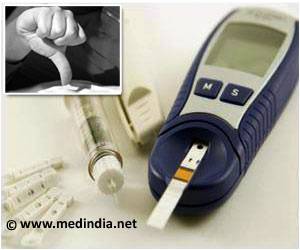A review of deaths at four public hospitals in Australia was found to be due to overcrowding and medical errors.
A review of deaths at four public hospitals found patients forced to wait more than eight hours for treatment were 30 % more likely to die than those admitted when the hospital was not overcrowded. Peter Sprivulis, associate professor of emergency medicine at the University of Western Australia said that overcrowding is very common in large tertiary hospitals in Australia. Due to this more than 1300 Australians die each year waiting to be treated in or admitted to public hospitals.
This situation is moving from bad to worse. Professor Sprivulis told the press that studies of more than 60,000 admissions at Canberra Hospital, Royal Perth Hospital, Fremantle Hospital and the Sir Charles Gairdiner in Perth found that delays in treatment caused more than 130 deaths a year. This is widely seen in the case of a patient who has a very serious infection. They are more likely to die if they don't get the antibiotics on time.Professor Sprivulis also mentioned about the deaths caused due to medical errors. He said that medical errors were also more likely to occur when hospital resources were stretched. Two hospital studied deaths in various cases one The West Australian study analyzed hospital admissions via emergency departments in the three years to June 2003.
It found 120 deaths a year were linked with overcrowding in the West Australian hospitals. It published its result in the Medical Journal of Australia. The other study involved the Canberra Hospital who analyzed the number of patients who died within 10 days of presenting to the emergency department in 2002, 2003 and 2004. It attributed 13 deaths a year to overcrowding in the emergency department.
Drew Richardson, chair of road trauma and emergency medicine at Canberra Hospital, said that the numbers of deaths are similar to those killed on the roads accidents. If this is left without taking any proper steps then it would represent a significant health issue.
Peter Cameron, head of Monash University's pre-hospital and emergency trauma group, said that this problem would not be solved by increasing the number of hospital beds. N the other hand it would be a temporary solution but the beds would be quickly filled and the problems recurs. He said that they need to find an alternative solution to find a better way to balance the dual demands of managing critically ill patients while still providing elective surgery.
His would be possible only if they moved patients from acute hospitals to more appropriate facilities, increasing the hospital bed availability, promoting access to rehabilitation centers, connecting to residential aged care and community outreach programs. Professor Cameron said that the deaths could be stemmed in case of better disease prevention strategies.
Advertisement





